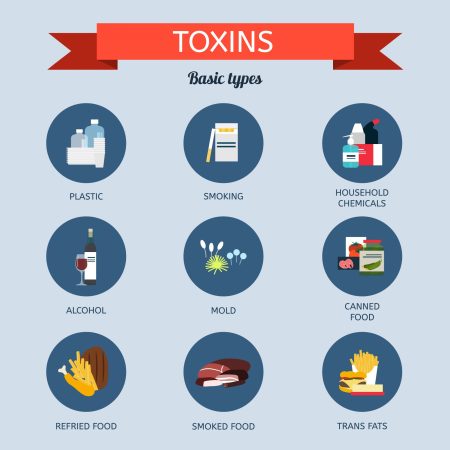New Research on Coffee
The Benefits of Coffee in American Culture
Antioxidant Powerhouse: Coffee is the number one source of antioxidants in the American diet, helping to neutralize free radicals and reduce oxidative stress.
Cognitive Performance: Research has shown that moderate coffee consumption can enhance alertness, concentration, and even memory function, making it a favored morning ritual for productivity.
Athletic Enhancement: In young athletes particularly, caffeine has been demonstrated to improve endurance performance by up to 5%, increasing time to exhaustion and perceived energy levels.
Potential Disease Prevention: Several large-scale studies have associated regular coffee consumption with reduced risk of type 2 diabetes, certain cancers, and neurodegenerative conditions like Parkinson’s disease.
American Coffee Culture vs Global Tea Traditions

Americans consume approximately 400 million cups of coffee per day, with the average coffee drinker having 3.1 cups daily. This represents a fundamental difference from many other cultures where tea remains the predominant beverage choice:
While Americans drink an average of 401 cups of coffee annually per person, countries like China and India prioritize tea with consumption rates exceeding 1.5 pounds of tea per person annually.
The UK, Turkey, Morocco, and Japan maintain strong cultural tea traditions centered around ceremony and social connection, whereas American coffee culture often emphasizes convenience, productivity, and individual consumption.
Our coffee habits have evolved from simple drip brewing to an elaborate spectrum of specialty drinks, with espresso-based beverages becoming increasingly common in American daily life.
Looking to flush out toxins for a more fresh and vibrant you? Join our Guided Spring Liver Cleanse now ↓
The Hidden Impact: Coffee and Cholesterol
Despite these benefits, recent research reveals concerning connections between coffee consumption and cholesterol levels. Multiple studies have identified specific compounds in coffee that significantly impact lipid profiles:
Diterpenes (Cafestol and Kahweol): According to the Journal of Functional Foods (2023), coffee contains diterpenes, specifically cafestol and kahweol, which are potent cholesterol-elevating compounds. Research indicates that cafestol affects cholesterol metabolism through its action on liver receptors, suppressing genes involved in bile acid synthesis and leading to increased serum cholesterol levels.
Impact on Cholesterol: Regular consumption of unfiltered coffee types, which have higher levels of these compounds, can significantly affect lipid profiles. For example: “Daily intake of 10 mg cafestol raises serum cholesterol by 0.13 mmol/L (8–10%) within four weeks.” (International Journal of Molecular Sciences, 2024)
Coffee as a Powerful Plant Medicine
As we consider this research, it’s important to recognize that coffee is not simply a beverage but a potent plant extract with pharmacological effects:
Coffee influences multiple biological systems simultaneously, including cardiovascular, nervous, digestive, and endocrine systems.
Individual responses to coffee vary tremendously based on genetics, existing health conditions, and metabolic factors.
While young, healthy individuals may process coffee efficiently, those with existing cholesterol concerns, cardiovascular issues, or liver conditions may experience more pronounced negative effects.
Finding Your Personal Coffee Balance
Coffee consumption should be approached with mindfulness and respect for its potency:
- Consider scheduling regular “coffee holidays” of 1-2 weeks to allow your body’s homeostatic mechanisms to reset.
- Pay attention to your unique response to different brewing methods and consumption patterns.
- If you have existing cholesterol concerns, consider switching to filtered brewing methods or reducing overall consumption.
- Consult with a holistic health practitioner who can evaluate how coffee specifically affects your biochemistry, particularly if you have existing health conditions or are taking medications.
- Remember that moderation looks different for each person – what constitutes a healthy amount for one individual may be excessive for another.
Coffee is neither inherently “good” nor “bad,” but rather a complex botanical with both benefits and potential drawbacks. By approaching it with respect for its potency and awareness of your individual health needs, you can make informed choices about how this popular beverage fits into your personal health journey.

Should you do a cleanse?
Our bodies function a lot like the pipes in your home—over time, they can accumulate buildup that may affect overall performance. Just as it’s essential to maintain and clean your home’s pipes, it’s equally important to support your body’s natural detox processes. Regular cleansing can help reduce this buildup and promote better health and vitality. If you’re curious about whether a cleanse could benefit you, click the button below to take our quick toxicity survey and find out!

